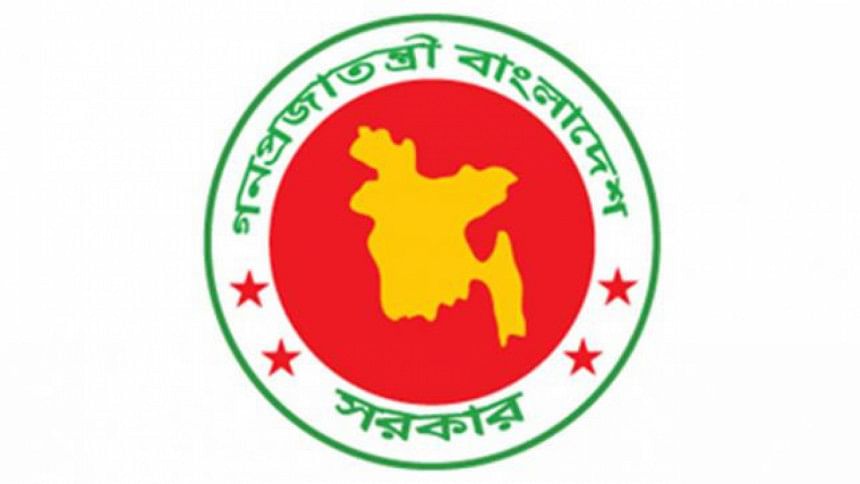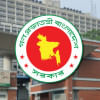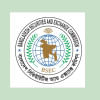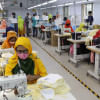Govt keeps borrowing heavily from BB

The government continues to borrow from Bangladesh Bank on a large scale as commercial banks are now unable to finance the state due to liquidity crunch.
Economists warn that if the government consistently borrows from the central bank, it may stoke inflation in the coming days.
Between July 1 and December 28 this fiscal year, the government borrowed Tk 45,057 crore from the central bank, according to BB data. It had borrowed Tk 31,403 crore from Bangladesh Bank over the previous year.
Borrowing from the central bank means money is being injected into the market. This usually has an adverse impact on inflation, said Ahsan H Mansur, executive director of the Policy Research Institute of Bangladesh.
In other words, the volume of notes and coins in circulation is increasing. In Bangladesh, this money can multiply as much as five times as the cash circulates in the economy, according to BB insiders.
So, the Tk 45,057 crore borrowed by the government may end up being Tk 2,25,285 crore, they said, adding that the extra money in the hands of certain quarters will create demand for goods, which in turn will drive up prices.
According to data from the Bangladesh Bureau of Statistics, inflation stood at 8.71 percent in December, down from 8.85 percent in November.
Inflation was a 10-year high, 9.52 percent, in August.
The central bank has so far injected around $7.50 billion into the economy in the first half of this fiscal year. This comes after a record supply of $7.62 billion for the whole 2021-22 fiscal year.
Mansur, also a former high official of the International Monetary Fund, said commercial banks were buying large amounts of dollars from the central bank, exchanging the local currency to clear import bills. This caused taka to accumulate at the central bank.
He said this has created an acute liquidity crisis in the banking sector. The injection of this new money into the economy in the form of government borrowing will not create inflationary pressure immediately "but there is a strong possibility of inflationary pressure in the days to come if the government continued borrowing from Bangladesh Bank".
Zahid Hussain, a former lead economist of the World Bank's Dhaka office, said the government should be cautious on borrowing from the central bank as it might create inflationary pressure ahead.
"Non-food inflation is still high. So, we should think about it," he said.
Mansur said, "We should explore the reasons behind the high government borrowing from the central bank."
He reckons scamsters laundering money has forced the central bank to finance the government by printing money.
Some influential business groups have laundered money by taking out billions of taka from commercial banks in the name of loans, violating banking rules, he said.
This recently created a shortage of greenbacks at commercial banks, forcing them to buy a large amount of dollars from Bangladesh Bank.
If the banks had enough liquidity, the government could have avoided borrowing heavily from BB, he said.
In addition, policymakers' failure to make time-befitting decisions helped money launderers, he said.
For instance, if the BB had depreciated the taka eight to 10 months ago, money laundering could have been controlled to some extent, Mansur said.
The exchange rate of the taka now stands around Tk 107 for a dollar, which was Tk 85.80 a year ago.
If the current exchange rate was in place in January last year, money launderers would have had to pay more to buy dollars, he said.
"The higher price of the dollar could have discouraged the launderers. Adjusting the exchange rate in line with demand usually plays a great role in containing money laundering."
In November last year, Bangladesh Bank said it had identified cases of money laundering during a special audit.
Some entities inflated prices of their imported goods between 20 percent and 200 percent through a trick called over-invoicing, said GM Abul Kalam Azad, then spokesperson for Bangladesh Bank.
Over-invoicing is when importers here get suppliers abroad to submit a bill that exceeds the value of the shipped goods to launder money abroad.
Washington-based Global Financial Integrity (GFI) in December 2021 said Bangladesh lost $8.27 billion every year on average between 2009 and 2018 due to mis-invoicing of values of imported and exported goods, which the traders indulged in to evade taxes and to illegally move money across borders.
During those years, Bangladesh lost an average 17.3 percent taxes and duties.
Syed Mahbubur Rahman, managing director of Mutual Trust Bank, said that it was difficult for banks to finance the government as the banks were in a liquid crisis.
The government set a borrowing target of Tk 1,06,334 crore from the banking sources for this fiscal.
Of the money the government took from BB in the last six months, Tk 17,582 crore was used to repay commercial banks. So, the government's net borrowing from the banking system is Tk 27,475 crore as of December 28.
A BB official said borrowing from banking sources is a budgetary programme of the government but there should be a balance between commercial banks and BB while borrowing.

 For all latest news, follow The Daily Star's Google News channel.
For all latest news, follow The Daily Star's Google News channel. 








Comments